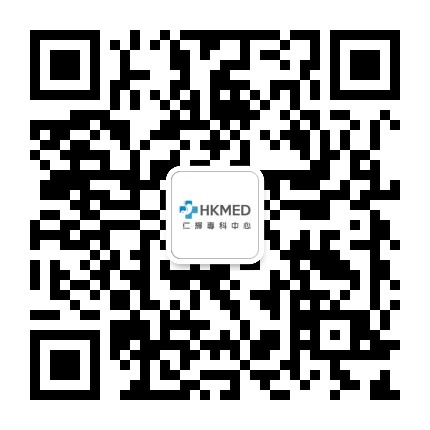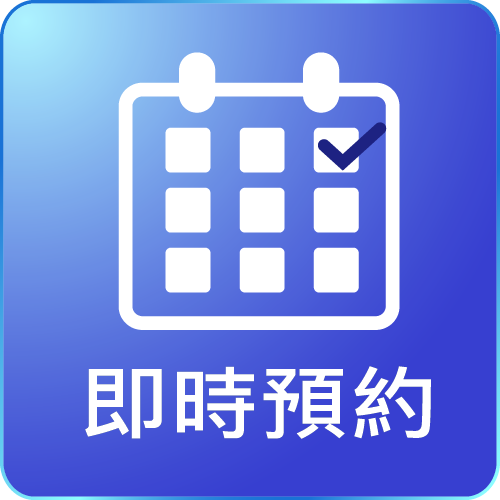Cystoscopy
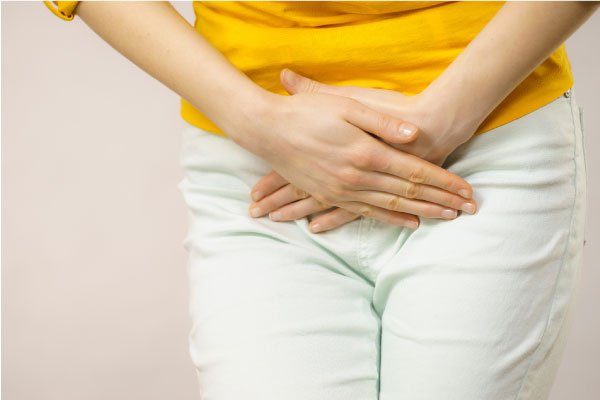
Cystoscopy uses a flexible endoscope to diagnose and examine the lesions and diseases of the bladder, prostate and urethra. In clinical practice, cystoscopy can be used to dilate the urethra, insert or remove ureteral stents, remove blood clots or stones from the bladder, and extract diseased tissue from the bladder or urethra for further testing. If you have symptoms such as bloody urine, frequent urination, painful urination, difficulty in urinating, or low back pain, you should first consult your doctor before undergoing a cystoscopy. Please Contact Us for detained pricing and information of cystoscopy at HKMED.
Enquiry for appointment
If you have any enquiries or wish to schedule an examination, please feel free to contact us through the following channels. Our professional team is dedicated to serving you.
Cystoscopy Check-up
Cystoscopy is a simple procedure that can be completed in about 1 hour at day medical centre. Prior to the inspection, an anaesthetic procedure will be performed to minimise discomfort during the procedure. Doctor will use cystoscopy to examine the ureter through the urethra and bladder with an endoscope and, if necessary, take a small amount of tissue for pathological examination. The entire cystoscopy generally takes about 15 to 30 minutes and the patient will be then taken to the recovery room where he/she will be checked with the vital-index device for further monitoring by a team of healthcare professionals.
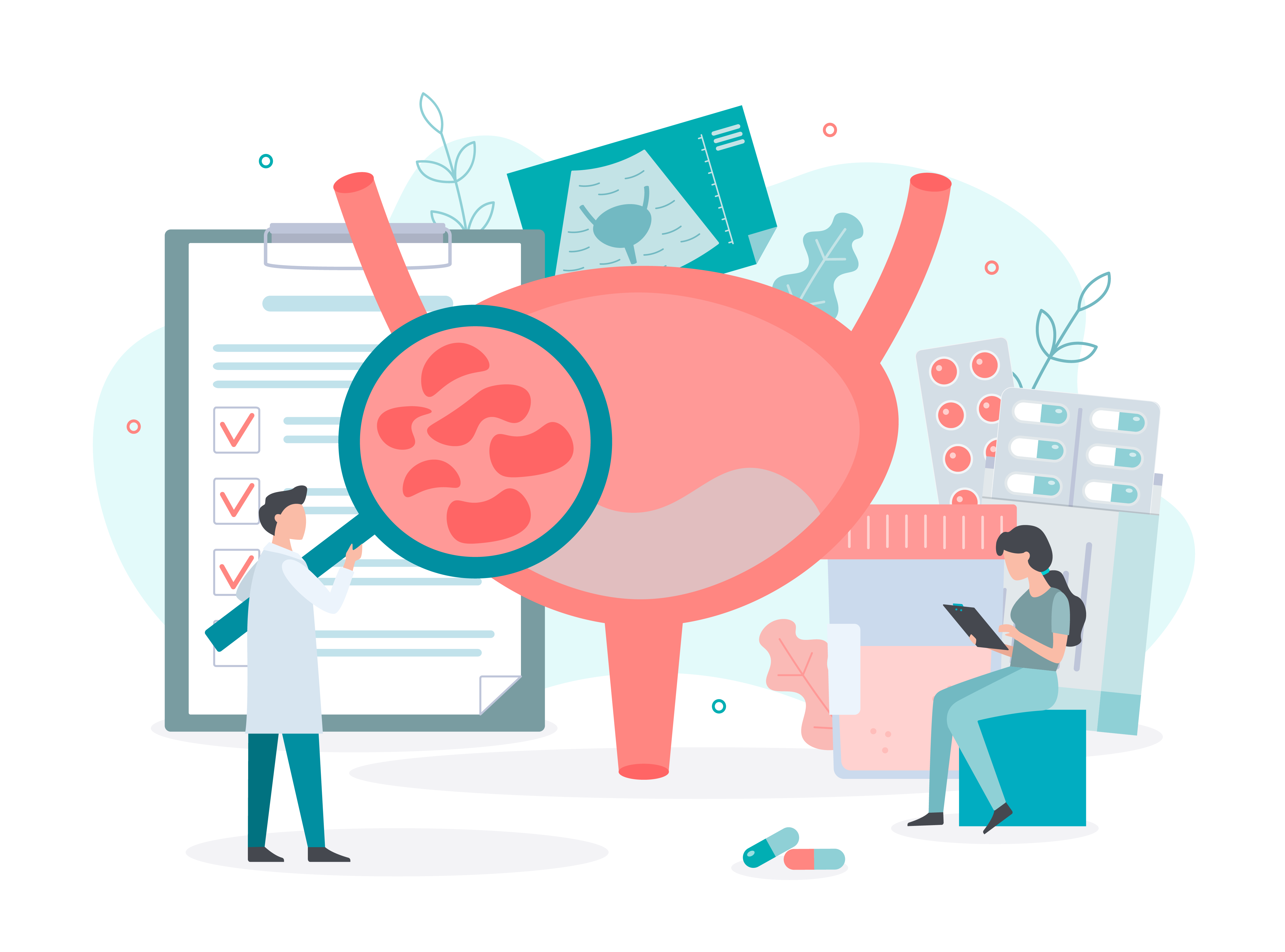
Is it dangerous to perform cystoscopy?
Although cystoscopy is an invasive procedure, it is a safe check-up item. Patients with chronic illnesses such as diabetes, hypertension, heart disease, kidney disease, or those taking medication, however, should inform their doctor before the examination so that they are aware of their health condition. Patients should also contact the centre as soon as possible if they feel unwell after the examination or if they have any questions about the test results.
Cystoscopy Charges
To cater for the needs of each patient, HKMED offers cystoscopy packages, the fees of which is subject to the patient’s condition and needs. Moreover, for details of the terms and conditions of health care vouchers, medical cards and insurance plans, patients are advised to check with the relevant organisations.
Types of Anaesthesia for Cystoscopy
To reduce patient anxiety and discomfort during the entire cystoscopy, the doctor will provide anaesthesia depending on the patient’s needs. For more information on anaesthesia, please consult your doctor.
Preparing for cystoscopy
No special preparation is required the day before the cystoscopy as long as you have fasted 6 hours and fully urinated before the inspection. The patients should inform the doctor of any medication currently taking, or the suspect or confirmed pregnancy before the examination so that the doctor is aware of the patient’s condition. After the cystoscopy, the patient will be taken to the recovery room for a rest. Due to the use of sedatives, patients are advised to avoid operating heavy machinery, signing legal documents or driving for 24 hours after the examination.
膀胱鏡檢查後,病人應每天飲用2-2.5公升水份,以避免尿道感染。另外,檢查後有機會出現尿頻、排尿刺痛或尿液帶血的情況,而症狀一般於 數天後逐漸消退。如對症狀有任何疑問,請盡快聯絡中心進行查詢。

No food or drink six hours before the procedure.

Please inform the doctor before the inspection if the patient is or might be pregnant.

Please take off any metal accessories, dentures & contact lenses and change surgical gown

Please inform the doctor if you are taking any drugs or medications, particularly for diabetes or that could affect blood clotting
When do I need a cystoscopy?
If you experience abnormal urination, haematuria, recurrent cystitis or urethritis, etc, you should seek medical attention as soon as possible and consult your doctor for further cystoscopy or relevant inspection.
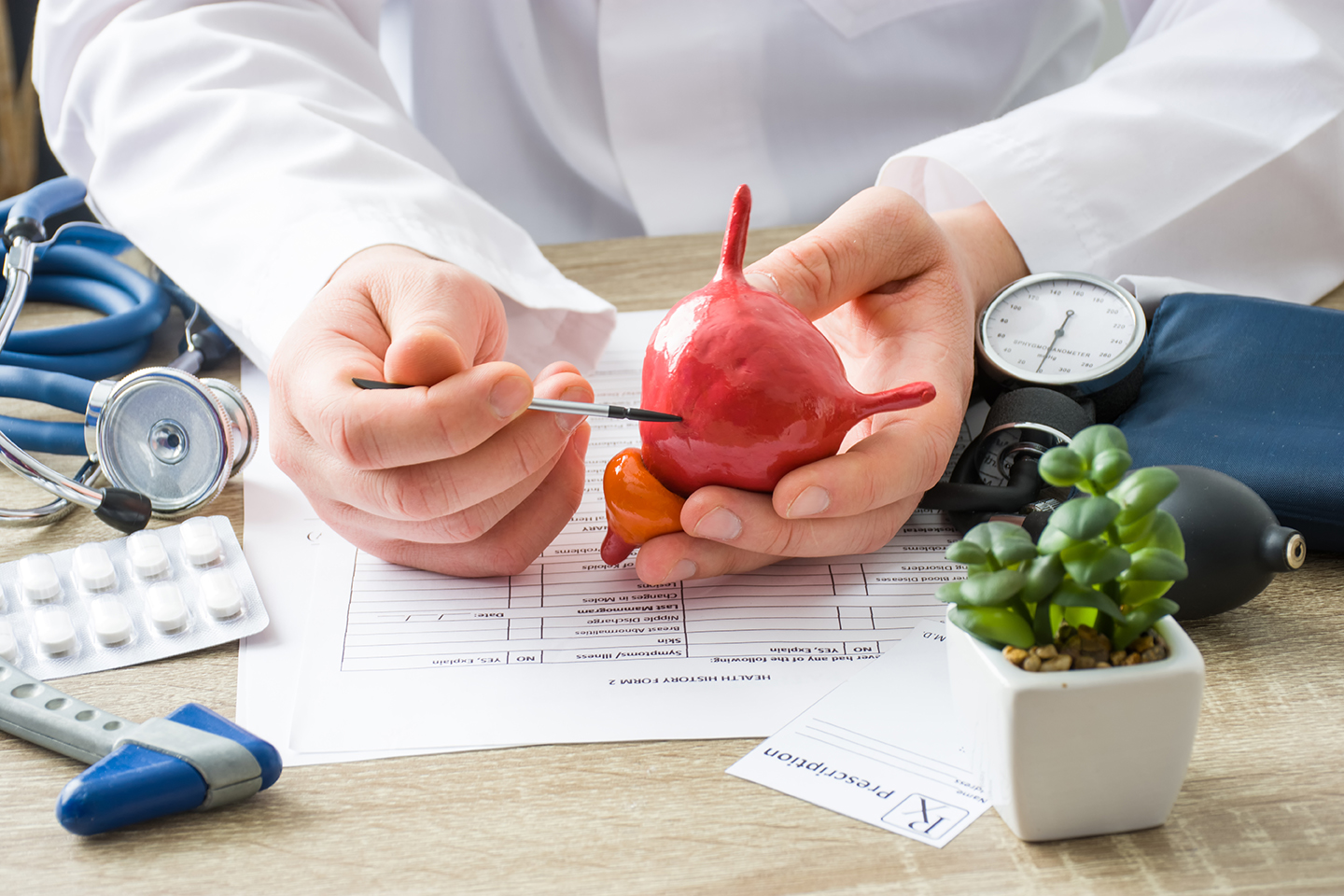
Cystoscopy Q&A
1. Do I need to be admitted to hospital for cystoscopy?
Cystoscopy is a simple check-up that can be completed in few hours after the doctor has assessed the patient’s physical condition and considered the procedure could be conducted at a day medical centre.
2. Do I need a referral letter for cystoscopy?
No referral letter is required for specialist services at HKMED, but if you need to apply for an insurance claim, you may need to check with your insurance company for the details of the claim.
3. Am I suitable for a cystoscopy?
Common bladder and urethral inspections include urinalysis, X-ray and cystoscopy. Patients are advised to consult their doctor, who will then recommend the appropriate check-up for their conditions. If you have any questions, please Contact Us for inquires.
